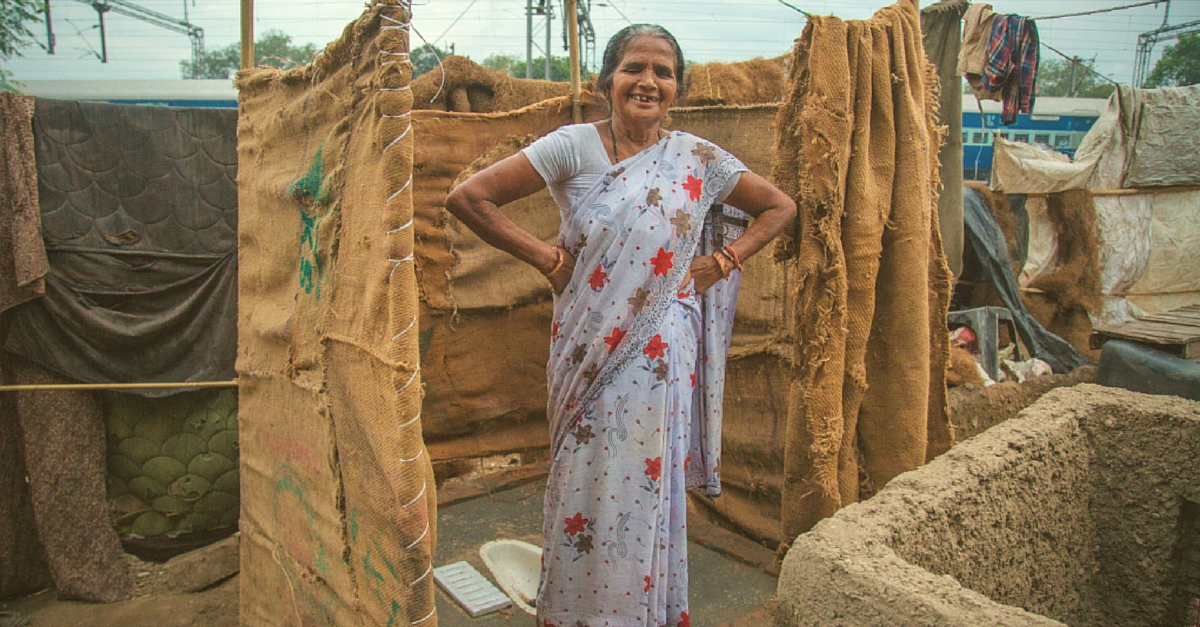SuperNARI Kalavati Devi
🚽 Kalavati Devi: The Sanitation Pioneer Who Built Dignity Brick by Brick
In the crowded lanes of Raja Ka Purwa, a slum in Kanpur, Uttar Pradesh, lived a woman whose quiet strength would go on to change the lives of thousands. Kalavati Devi, once a housewife with no formal education or resources, would become the face of a revolution - a revolution of dignity through sanitation.
Born in the 1960s in Sitapur, and married off at the age of 14, Kalavati moved to Kanpur to start a new life with her husband. She became a mother of two daughters and lived like many women in her community - quietly surviving poverty, illness, and systemic neglect. But her story would not remain ordinary for long.
🌍 A Slum Without a Single Toilet
Kalavati lived in a world where basic sanitation was a luxury. In Raja Ka Purwa, over 700 families lived without a single toilet. Open defecation was the norm, leading to disease, discomfort, and daily loss of dignity - especially for women and girls.
But Kalavati couldn’t just accept this reality. Watching her family and neighbors suffer lit a fire inside her - one that pushed her beyond fear or hesitation.
💪 Her First Step: Building the First Community Toilet
She reached out to Shramik Bharti, a local NGO, and expressed her desire to build toilets in the slum. The NGO agreed to help - on the condition that she raise ₹1,00,000 from the community herself. It was a steep ask, and many discouraged her. But Kalavati persisted.
She went door to door, explained the importance of hygiene and privacy, and eventually convinced her neighbors to contribute what little they could. With this trust and small funds, Kalavati helped build the area’s first 50-seat toilet complex.
“We used to live like animals. With this toilet, I felt like a human being again.”
- Kalavati Devi
🧱 Becoming a Mason, One Brick at a Time
Kalavati didn’t stop there. She trained in masonry so she could build more toilets herself. This wasn’t just about bricks and cement - it was about changing lives. She began personally constructing and supervising toilet construction across the city’s poorest areas.
As a widowed mother supporting her daughters and grandchildren, she juggled personal grief with public responsibility. But each toilet she built became a symbol of progress - not just for sanitation, but for women’s empowerment.

🏘️ Transforming Communities, One Toilet at a Time
Kalavati's work expanded beyond her own slum. From Rakhi Mandi to Kashiram Colony, she began building in areas where no one else dared to enter. In these densely populated, ignored corners of Kanpur, Kalavati became a known and trusted name - not just as a mason, but as a problem-solver.
Her efforts inspired other women to step up - to get involved, get trained, and claim space in a field dominated by men. Kalavati didn’t just build toilets; she built confidence, community, and courage.
🏅 4,000+ Toilets and a National Award
To date, Kalavati Devi has helped build over 4,000 toilets in and around Kanpur. In 2019, she was awarded the prestigious Nari Shakti Puraskar - India’s highest civilian award for women - presented by the President of India on International Women’s Day.
Yet, even today, she remains humble. She continues to work with her hands, travel to remote areas, and talk to communities about the importance of hygiene and dignity.
“A toilet may seem like a small thing, but for a woman, it means safety, health, and respect.”
- Kalavati Devi
💡 What We Learn From Kalavati
Kalavati Devi’s story is not one of luck or privilege - it is a story of relentless purpose. She didn’t wait for help. She became the help.
Her journey teaches us:
- 💧 Dignity begins with the basics.
- 🧱 Change can be built - literally - one brick at a time.
- 👩🔧 A woman with a mission can break any wall, even without formal education.
Kalavati continues to remind us that you don’t need a title to lead a movement. You need heart, purpose, and the courage to start - even with just a shovel in your hand.
For people like us, building a toilet isn't about luxury - it's about survival, dignity, and hope.




